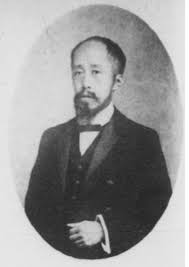Ch'en Shao-yü Ch'en Shao-yü (1907-), leader of the proteges of Pavel Mif known as the 28 Bolsheviks, was general secretary of the Chinese Communist party (1931-32), Chinese representative to the Comintern (1932-37), and a member of the Comintern's Executive Committee. In 1937 he returned to China. His disagreements with Mao Tse-tung caused Mao to launch […]







